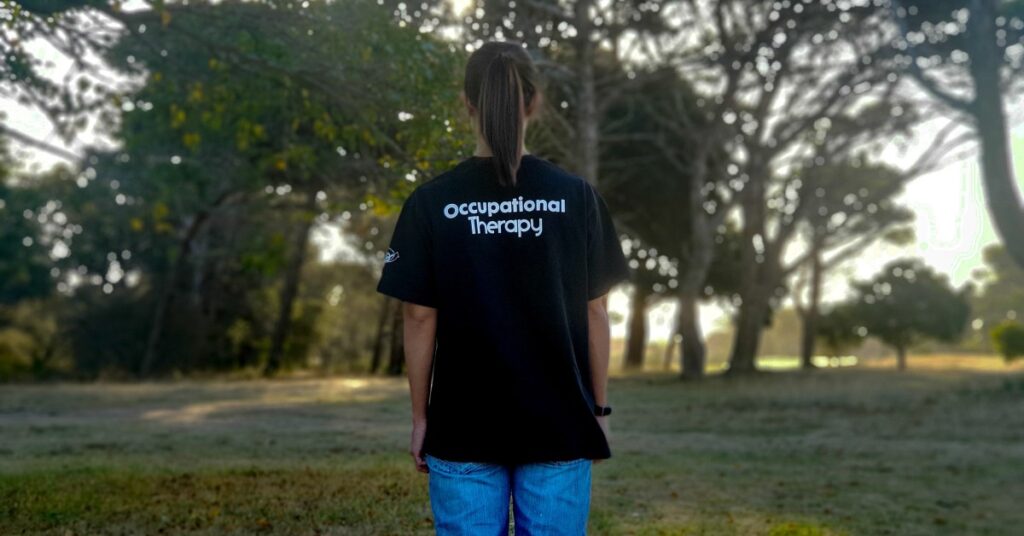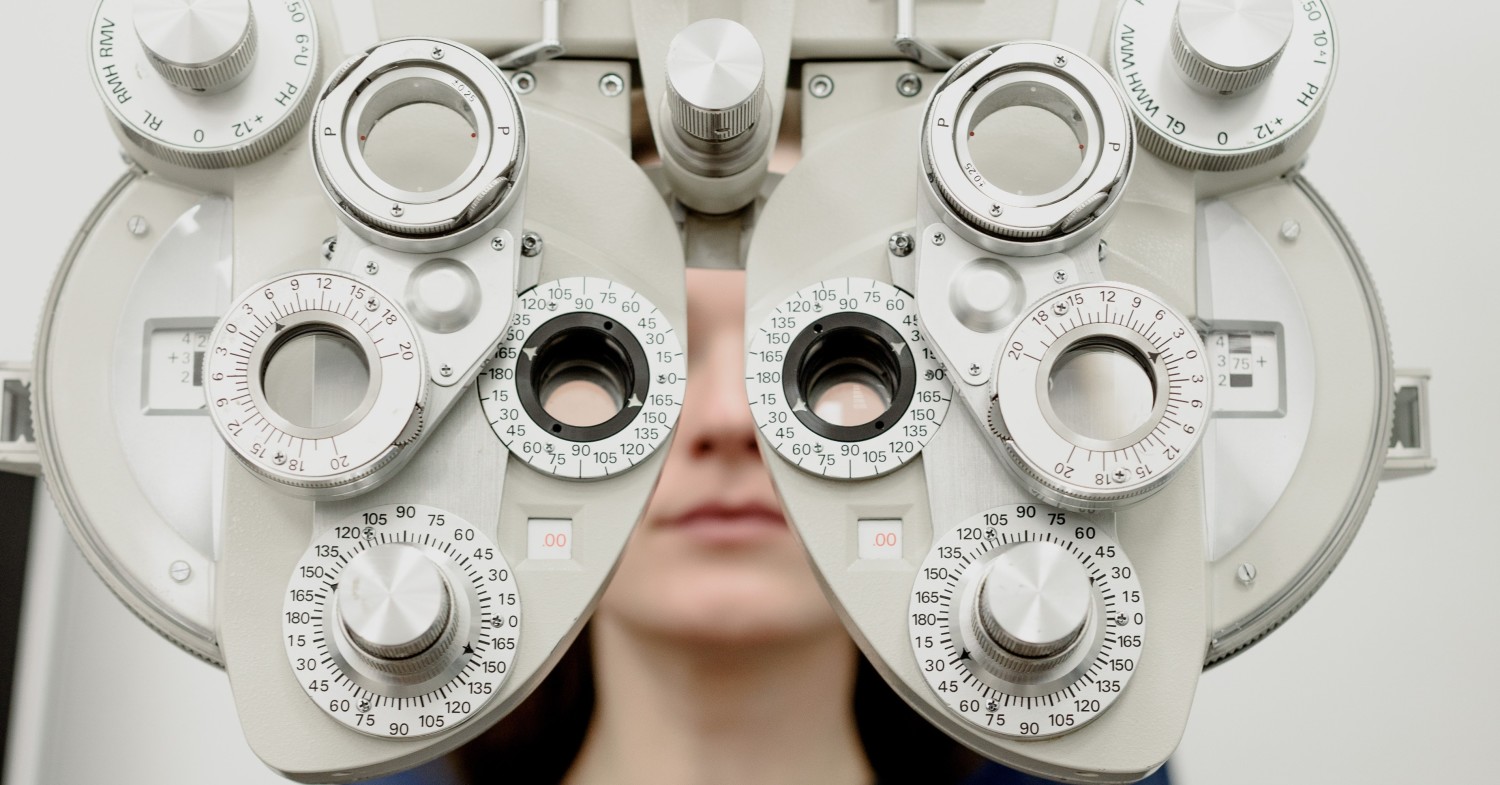
Where Do Epidemiologists Work?
Epidemiologists work in many settings, including hospitals, universities, and federal, [...]

Anxious to start a healthcare career? Becoming an occupational therapist (OT) is one of the faster ways to launch a career in hands-on patient care.
Currently, entry-level occupational therapists must hold the two-year Master of Occupational Therapy (MOT) degree. This degree is sometimes paired with a Bachelor of Science in accelerated entry-level programs that take just five years to complete.
Some aspiring OTs, however, opt for longer three-year entry-level doctoral degree programs. Yet another option: post-professional doctorate programs for practicing occupational therapists.
OTs don’t need a Doctor of Occupational Therapy(OTD) to work in the United States. Also, earning an OTD takes longer than pursuing an MOT. Even so, there are compelling reasons to choose the OTD over a master’s degree or to go back to school for a doctorate after becoming a licensed OT. We’ll discuss those in this article.
The challenge is that there aren’t that many entry-level Doctor of Occupational Therapy programs accredited by the American Occupational Therapy Association (AOTA) in the US. Furthermore, the best post-professional doctoral degree programs—OTDs for working OTs—may be far away.
If you’ve already looked into online doctorate-level occupational therapy programs, you’ve probably noticed that many resource guides list schools with OTDs for distance learners. Dig deeper, however, and it quickly becomes apparent that 100 percent online Doctor of Occupational Therapy programs are rare. Most require campus residencies and clinical labs, and there’s no such thing as virtual fieldwork.
That doesn’t mean there are no online Doctor of Occupational Therapy programs, nor that you can’t complete much of your entry-level OTD coursework online. Just be aware that there’s a lot of confusion about what online OTD programs look like and who they’re for.
In this guide to online doctor of occupational therapy programs, we cover:
You don’t need a doctorate to become an occupational therapist. More often, aspiring OTs pursue either a Master of Occupational Therapy (MOT) or a Master of Science in Occupational Therapy (MSOT).
There are, however, Doctor of Occupational Therapy programs similar to MOT programs that are usually treated as equivalent by hiring managers. Graduate programs and entry-level doctoral programs typically cover the same ground, and both MOT and OTD holders are eligible to sit for the National Board for Certification in Occupational Therapy (NBCOT) certification exam and apply for state licensure.
These entry-level doctorate of occupational therapy programs are a relatively new development, which may be why there are so few of them. Post-professional OTD programs designed for licensed clinical OTs with three or more years of experience are much more common. Whereas entry-level programs teach the fundamentals of occupational therapy, coursework in post-professional programs usually prepares students to step into management, administrative, research, academia, or policy roles.
In short: entry-level OTD programs launch careers. Post-professional OTD programs advance them.
Students generally enroll in online Doctor of Occupational Therapy programs for the same reasons students choose other online programs. They may need more education to transition into a new line of work or into new roles, but they can’t relocate, commit to a full-time program, or consistently make it to on-campus classes.
That said, not all online OTD programs are part-time or give students the flexibility necessary to maintain a full-time career while pursuing a degree. Some online and hybrid Doctor of Occupational Therapy programs are better than others for students who need to continue working or meeting other personal and professional obligations. If you are exploring online options because you have non-negotiable responsibilities, be sure the programs you’re looking into support part-time study.
That depends on whether you’re looking at an entry-level or post-professional program. Entry-level OT degree programs accept students with bachelor’s degrees but no professional occupational therapy experience. Those bachelor’s degrees are often in disciplines like biology, kinesiology, psychology, or sociology, though there are pre-OT programs at schools like The University of Texas at Austin and the University of Colorado Boulder. Some entry-level programs accept students with undergraduate degrees in disciplines outside of health science, but these applicants often have prior experience in occupational therapy or healthcare.
Post-professional OTD programs only admit applicants who are licensed occupational therapists. The prerequisites for these programs usually include requirements related to work experience.
In on-campus occupational therapy doctorate programs at both levels, students take classes in:
The curriculum in online OTD programs, however, is often quite different. Let’s take a look at two programs, both offered by the University of Pittsburgh‘s School of Health and Rehabilitation Sciences. The core courses in the online Doctor of Clinical Science in Occupational Therapy program include:
Meanwhile, students in the on-campus entry-level OTD program take courses like:
The latter program includes more foundational coursework, but even the advanced coursework focuses primarily on topics related to clinical competencies and evidence-based practice. UPitt’s online program devotes more credit hours to effective leadership, implementing change in healthcare environments, and navigating the legislative and regulatory processes that govern how OT practices operate.
Nearly all on-campus and online Doctor of Occupational Therapy degree programs have clinical practicum, experiential learning, and field experience requirements built in. That’s because AOTA requires aspiring OTs to complete a minimum of 24 weeks of full-time supervised work with patients in various settings. In both entry-level and post-professional programs, third-year occupational therapy students may spend very little time in the classroom.
Hybrid and online programs handle fieldwork in much the same way that traditional programs do. In entry-level OTD programs, whether classes occur on-campus or mostly online, faculty advisors find local clinical residency placements for students. Post-professional occupational therapy doctorate programs may allow students to complete clinical practice work, capstone projects, and field experience requirements at their current OT practices.
Unfortunately, no. Online OTD programs cost about as much as other doctoral-level programs for occupational therapists, and they can be pretty expensive because of how much ground they cover. The most affordable on-campus and online OTD programs cost about $40,000, but it’s more common for occupational therapy doctorates to cost $100,000 or more.
Most OTD students pay for their degrees out of pocket using a combination of funds on hand, student loans, aid, scholarships, graduate assistantships, and grants. It’s highly unusual for occupational therapy doctorate students to receive full or partial funding the way PhD students do.
To determine which schools have the best online OTD programs, we cross-referenced lists of entry-level and post-professional Doctor of Occupational Therapy programs that have a distance-learning component with U.S. News and World Report‘s list of the best occupational therapy programs. These colleges and universities have highly ranked Doctor of Occupational Therapy programs delivered partially or fully online:
AOTA has answered this question conclusively: “There are no accredited entry-level occupational therapy or occupational therapy assistant educational programs that are offered in the online format. Some educational programs may offer some courses or parts of courses online, but there are no entry-level educational programs offered entirely online.” That’s because entry-level programs have robust internship, fieldwork, and practicum requirements.
AOTA publishes a list each year of accredited entry-level OT programs with a distance-learning component. Each entry outlines what percentage of the program takes place online. Nearly three-quarters of the hybrid OTD program at Nova Southeastern University‘s Dr. Pallavi Patel College of Health Care Sciences can be completed virtually, but NSU’s format isn’t the norm. It’s much more common for less than 25 percent of the didactic curriculum in entry-level Doctor of Occupational Therapy programs to be offered online.
Post-professional programs typically also have campus residency, clinical practicum, and field experience requirements, though there are a handful of post-professional OTD programs delivered 100 percent online. UPitt’s Doctor of Clinical Science in Occupational Therapy is one of them. These programs are designed for licensed OTs who have years of experience. They already know how to work with patients; their goal in returning to school is to take their OT, administrative, and leadership skills to the next level.
The question is whether an OTD is worth it. MOT programs are often less expensive and can be completed in less time. The Accreditation Council for Occupational Therapy Education (ACOTE) has considered mandating that all MOT programs transition to OTD programs many times over the past two decades but has never voted to pass the mandate. Given how frequently ACOTE has proposed adopting the Doctor of Occupational Therapy as the official entry-level degree, however, there’s a good chance it will revisit the question in the future.
Determining the market value of a degree is always complicated. Every accredited entry-level OTD degree program, regardless of how much is delivered online, provides the credentials to become an occupational therapist. Years after you graduate, your experience will become much more important than the diploma on your resume. The ROI of an online post-professional Doctor of Occupational Therapy likely depends on what you hope to get out of it. If you want to become a better OT, a 100 percent online program might not be the right choice. On the other hand, if your goal is to open your own practice, transition into a research career, or join the ranks of healthcare leaders, a Doctor of Occupational Therapy program for distance learners might be precisely what you’re looking for.
(Last Updated on February 26, 2024)
Questions or feedback? Email editor@noodle.com

Epidemiologists work in many settings, including hospitals, universities, and federal, [...]

In the occupational therapy field, a doctorate can open doors [...]

Neuro-optometrists use neurology and optometry to understand vision and its [...]

Only 23 schools in the US offer a Doctor of [...]

Earning a Doctor of Optometry typically takes four years, although [...]
Categorized as: Occupational & Behavioral Therapy, Nursing & Healthcare